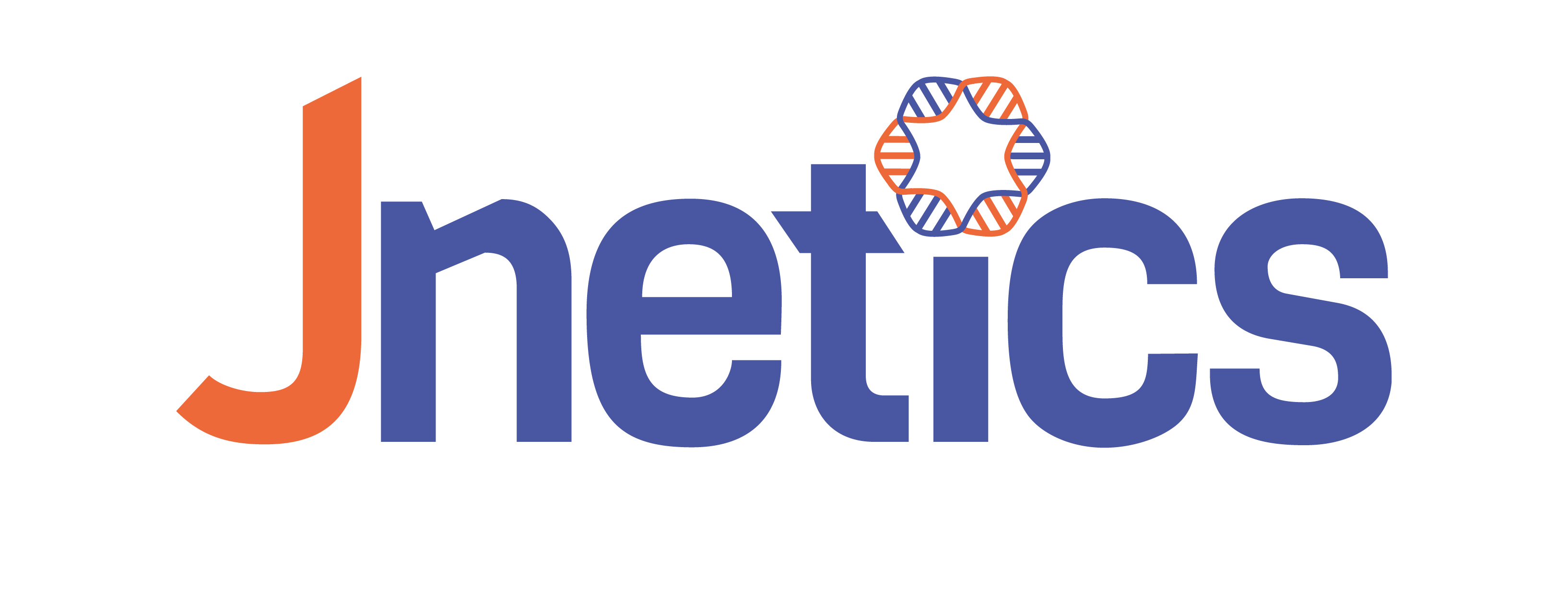They say that 1 in 5 Ashkenazi Jews is a carrier of a Jewish Genetic Disorder. How do we find out if we are the 1? How can we protect our children and grandchildren and how do we deal with the information if we find out we are carriers? How can the Jewish community as a whole respond to this important and often challenging area?
On May 16th, Stanmore and Canons Park United Synagogue hosted a very well attended panel discussion to explore these important issues as part of their ‘Medical Issues that Matter’ series. The panel comprised of Rabbi Chaim Rapoport, Medical Ethics Advisor on the Chief Rabbi’s Council, Sara Levene, principal genetic counselor at Guy’s and St Thomas’ Hospital, Jacqui Rudolph, vice chair of the synagogue and Katrina Sarig from Jnetics.
Sara Levene began by explaining the basics of genetics and genetic diseases. She described the most common Ashkenazi inherited conditions and what carrier couples can do to reduce the risk of giving birth to an affected child.
Jacqui Rudolph then shared her personal story about the challenges she and her husband faced being carriers of Fanconi anaemia. Katrina Sarig spoke about the work of Jnetics which is expanding in its activities to improve the awareness, prevention and management of Jewish genetic disorders across the Jewish and wider community.
Rabbi Rapoport looked at the halachic perspective, explaining that termination in pregnancy can be supported where a severe life-threatening genetic disorder is diagnosed e.g. in the case of Tay Sachs disease.
The many questions posed by the audience highlighted the desire for more information and more answers. If you have a question about JGDs, be it wanting to know more about inheritance, testing or JGDs in general, please contact info@jnetics.org.
